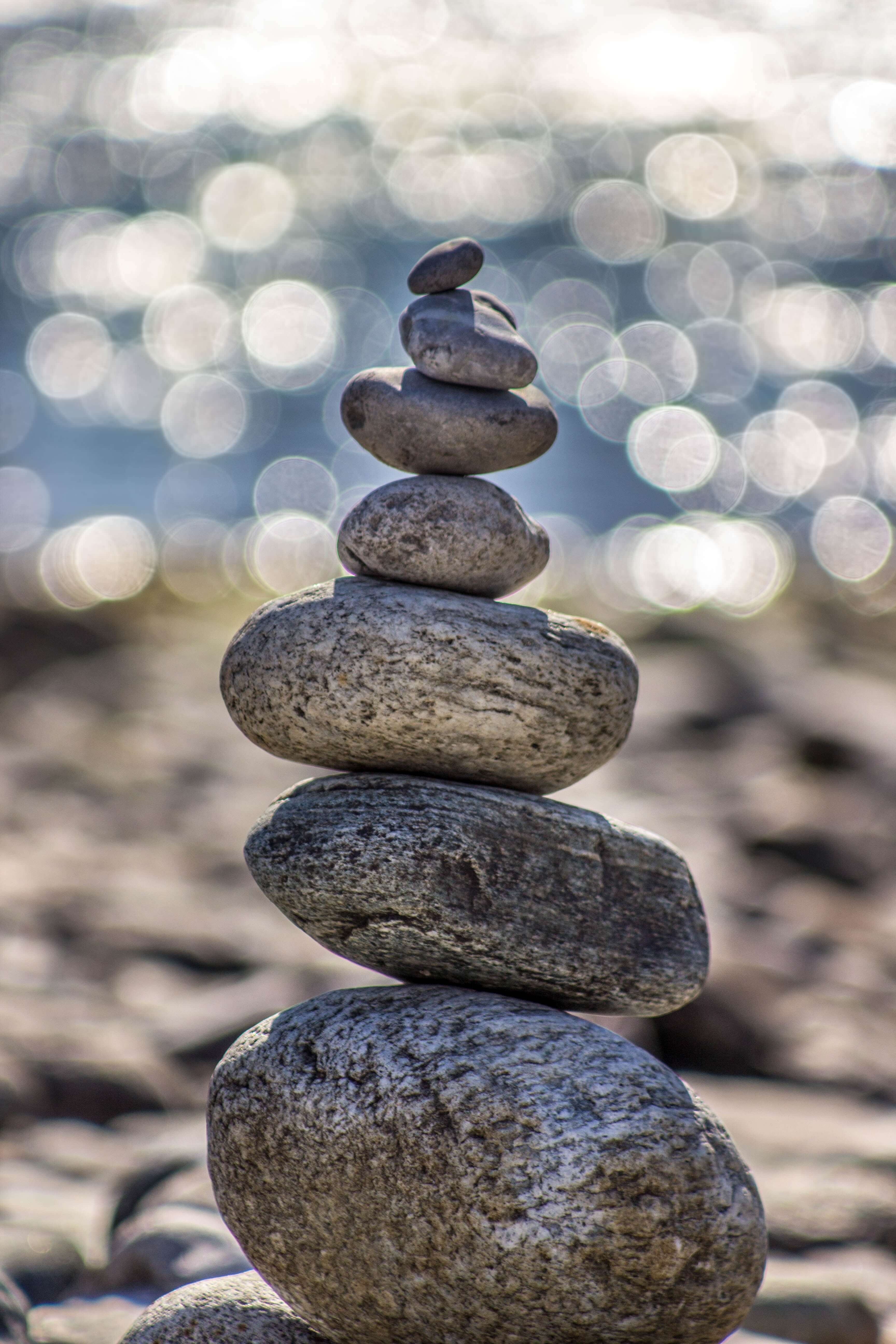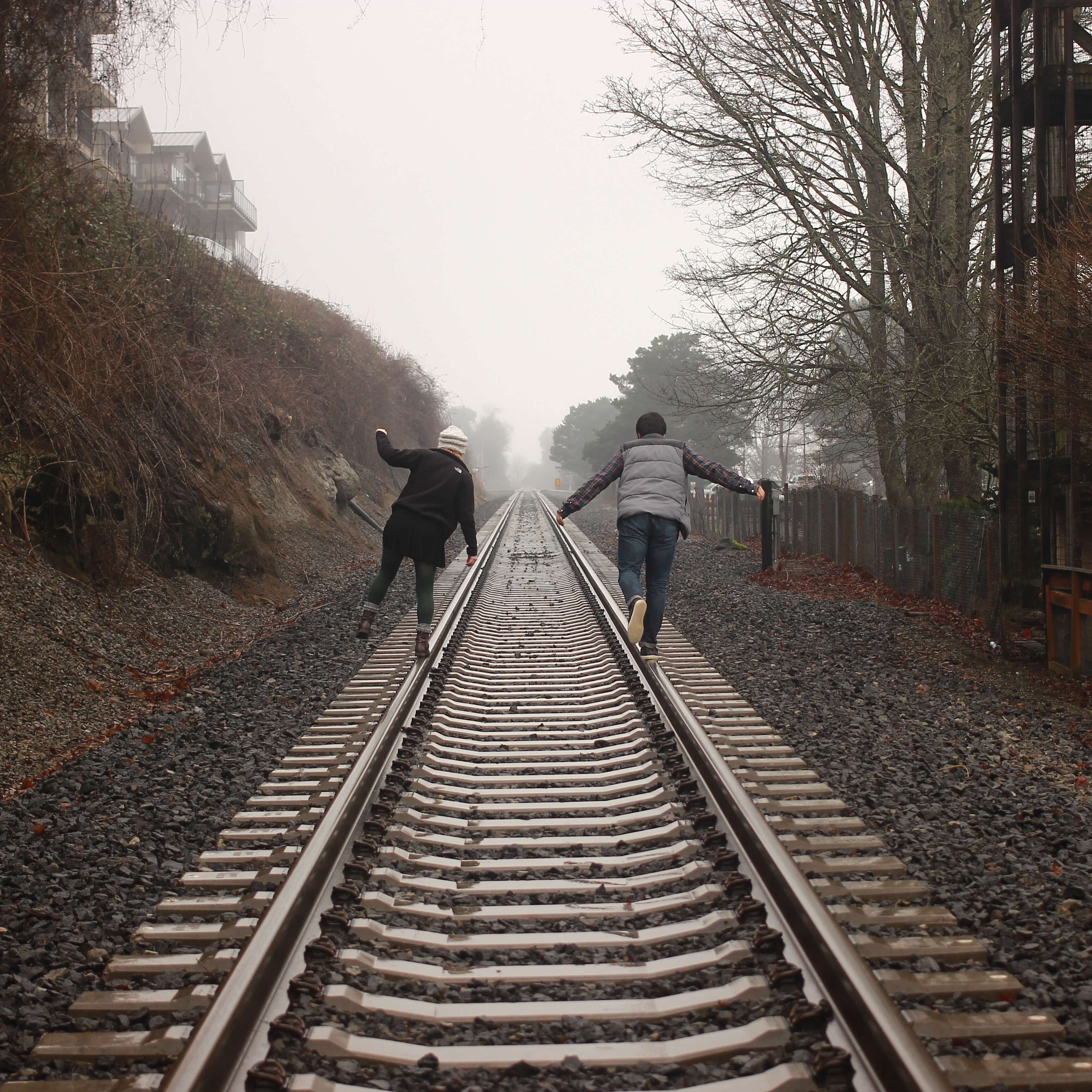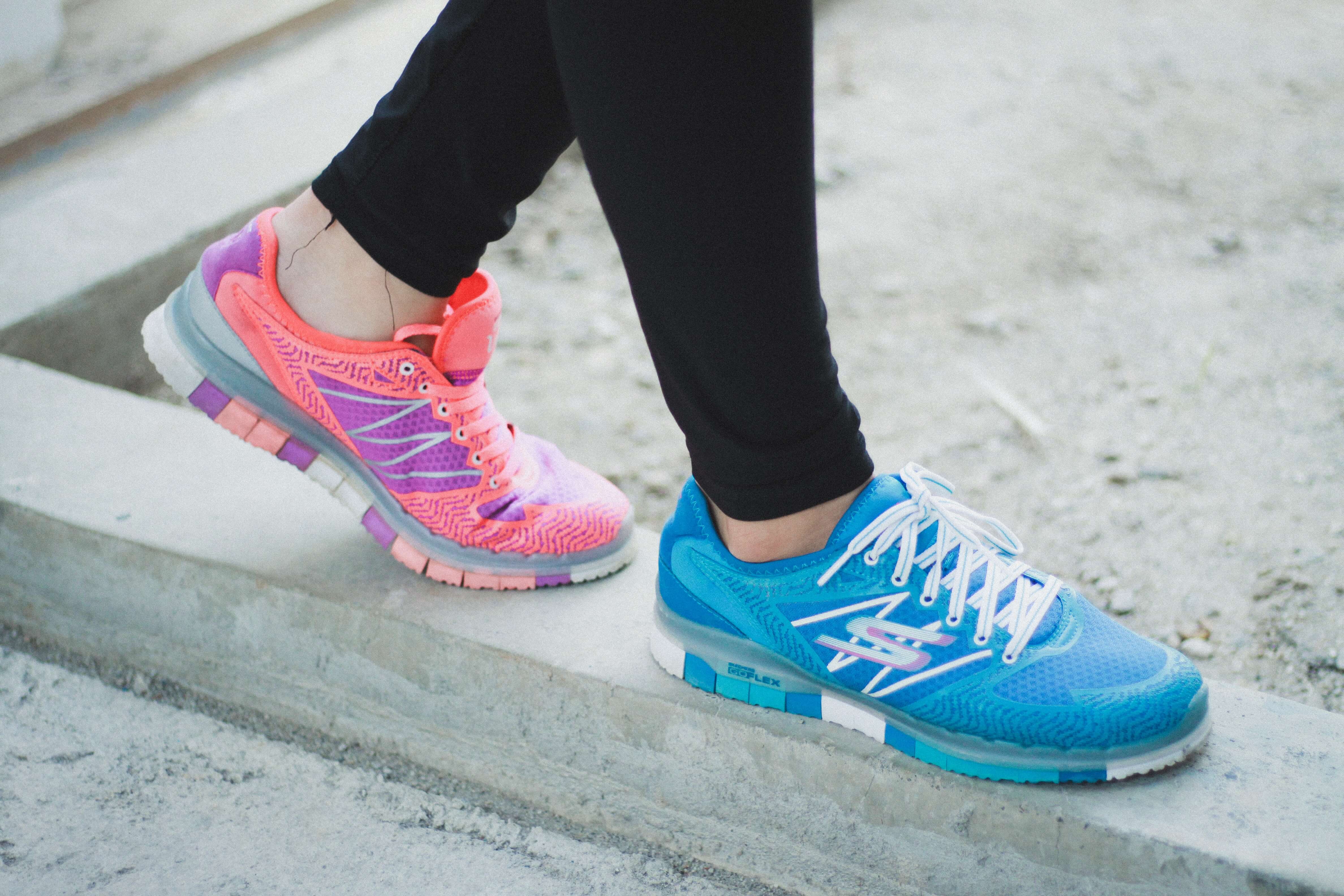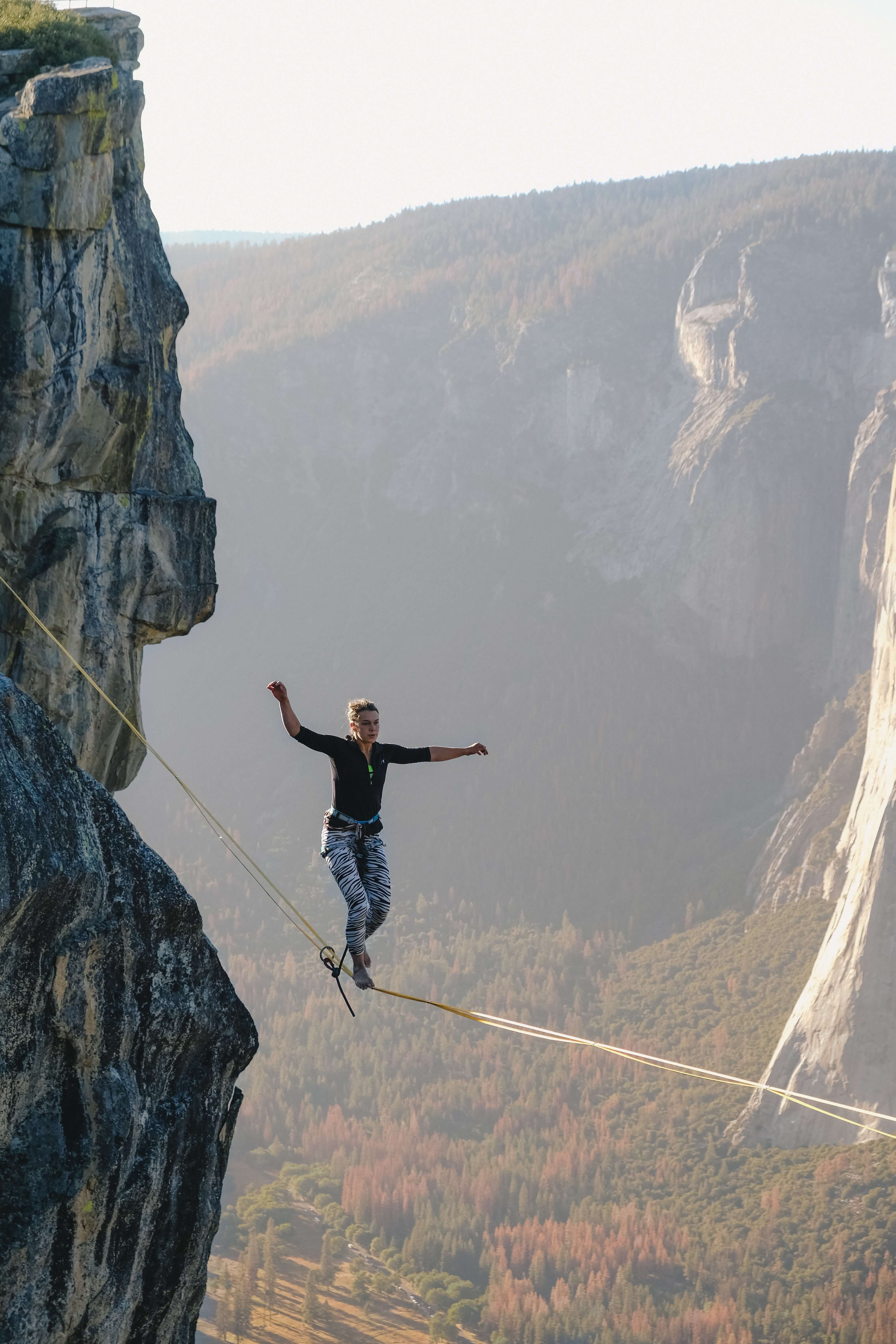We talk about balance a lot these days like “a balanced diet, “ or “a balanced lifestyle” How ever sometimes our physical balance can be over looked even though in my opinion balance is one of the key elements of fitness. Along with strength training, cardiovascular training, and flexibility. Without balance a simple task can be out of reach as we need it in everyday life including walking, getting up out of a chair and leaning over to tie your shoelaces. Strong muscles and being able to keep yourself steady will make all the difference. Balance training involves doing exercise that strengthens your muscles and keeps you upright, by including your legs and core. These exercises can improve stability and prevent falls.

Exercises to get you started!
- Stand on one leg, keeping the other out in front of you.
- Walk along a straight line ( tightrope ) heel – toe – heel – toe
- Squat on to a seat/couch, pushing through your heels to get up without using your hands
- Alternating Lunge

Balance also requires input from other body systems including.
- Eyes Try closing your eyes whilst balancing on one foot. Hard? You can train your body to cope without the visual. However, you will find it hard if you haven’t as our eyes adjust our body’s positions.
- Ears If you have ever suffered from inner ear trouble you will know about balance problems as parts of the inner ear are sensitive to the movements of the head and relay its position to the brain.
- Skin, joints, ligaments, tendons, All these can indicate the position, orientation, and movement of the body and then convey the information to your brain, which uses them to constantly make a map of your position unconsciously.
- Muscle Control Sensory input, muscle power, and motor control are important to maintain stability during movements and recovery from injury or illness.

We seem to have amazing balance as kids then slowly lose it as we get older. This is usually down to a lack of activity. Neural connections can be lost if they are not used for a long period of time. This doesn’t mean they can’t be remembered. It’s never too late to start training or to retrain your balance!
Below are are few bonuses of having good balance.
- Co – ordination As all limbs work together for good balance, you will find your overall coordination will improve as well.
- Joint Stability Good balance promotes stable knees, ankles, hips, and shoulder which will help prevent injury
- Good Reaction Balance training helps your body correct itself to prevent falls and stumbles

